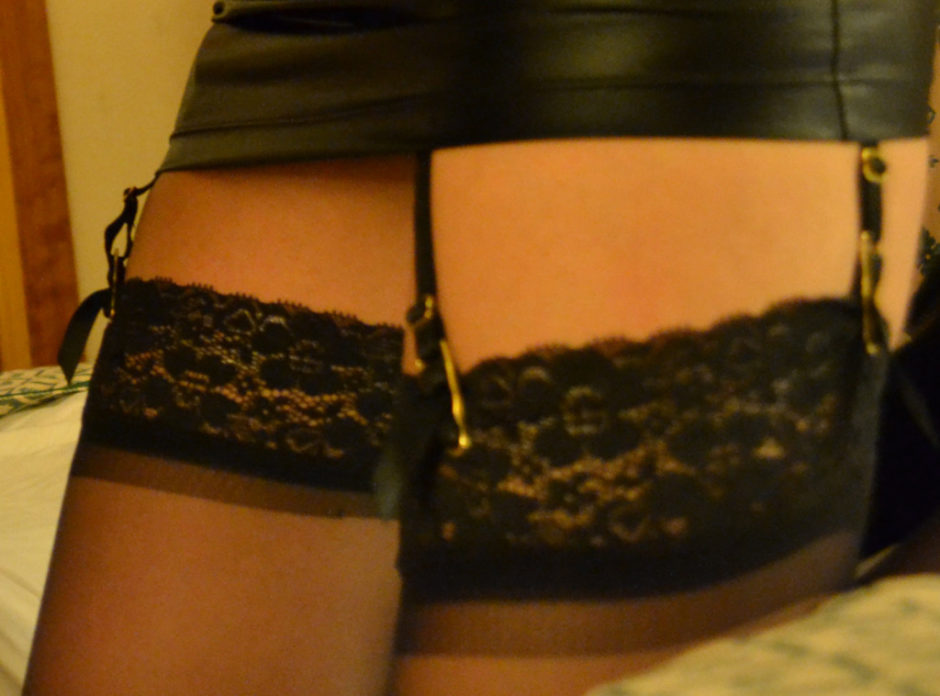Who’s Afraid of Black Sexuality? (2)
by Stacey Patton
“The white imagination still traffics in toxic racial and gender stereotypes,” says Beverly Guy-Sheftall, a professor of women’s studies at Spelman College. Talking about sex “means that we are engaging in and calling up discussions of black sexuality that we think underscore what white people say about us. That leads to silence.”

That silence has left a gap in the classroom and in black-studies scholarship. Rising faculty members worry that a topic doubly controversial—race and sex—could derail their careers. Students and professors are sensitive, even squeamish, about portrayals of their communities. Reflecting on the years of avoidance, Kevin Mumford, a history professor at the University of Illinois at Urbana-Champaign, thinks there is a basic dynamic: Many black people “refuse to give up the privilege of normalcy.”
In recent years, however, a growing number of scholars, in a variety of disciplines—queer studies, women’s studies, anthropology, African-American studies, sociology, literature, history, public health—have begun to break that silence. Black sexuality is the focus of a number of conferences, research projects, and anthologies. While discussions of sexuality go far back in the world of black scholarship—to such work as W.E.B. Du Bois’s report on black sexual mores and marital practices in Philadelphia, Ana Julia Cooper and Ida B. Wells’s examinations of the racist construction of black male and female sexuality, and the social scientist E. Franklin Frazier’s dissection of the social patterns of the black bourgeoisie—today’s work is more explicit, rawer. It gets into the bedroom with heterosexual black men having sex with other men “on the down low”; onto the streets and porn sets with cross-dressers, transsexuals, and black sex workers; behind prison bars with gay and lesbian inmates; into the dungeons and play dens of blacks who seek pleasure through bondage and pain.
And it is driven by a sense of urgency over problems confronting black communities, such as the AIDS crisis, incest, homophobia, domestic violence, and sex abuse in black churches.
The in-your-face approach owes much to the feminism among women of color and to the queer-studies scholarship that began to make its mark in the 1980s. At the beginning of that decade, KitchenTable: Women of Color Press became the first publishing company entirely run by women of color, focusing both on research about race and gender and on advocacy for women, gays and lesbians, and other oppressed groups. Queer studies similarly drew from scholarly theory about the construction of sexual personae and from gay activism.
That twin vision has given work on black sexuality a controversial edge.
Read More: Black Dandies Fashion New Academic Identities
[to be continued]
